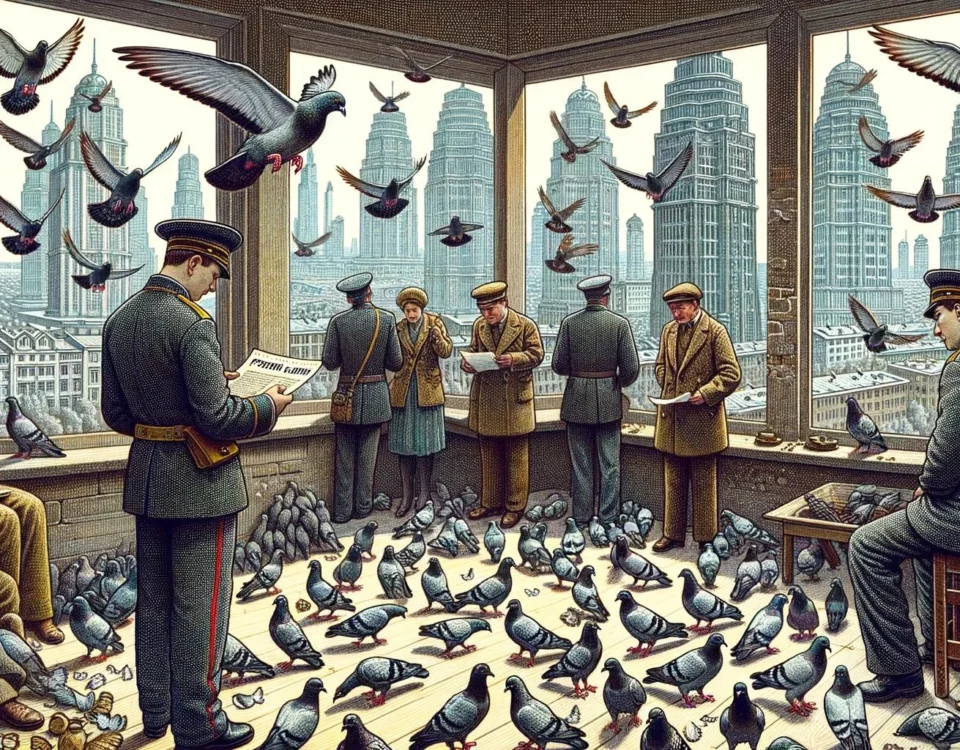Pigeon husbandry is the art and science of breeding and caring for domestic pigeons. While many people enjoy keeping pigeons as pets or for racing, it is important to understand and adhere to the regulations that govern this activity. These regulations vary depending on the location and aim to ensure the welfare of the pigeons, as well as the health and safety of both the pigeons and their caretakers. In this article, we will explore some key aspects of pigeon husbandry regulations.
Key Takeaways
- Pigeon husbandry regulations exist to ensure the welfare of pigeons and the safety of caretakers.
- The specific regulations vary depending on the location and may cover areas such as housing, breeding, racing, and disease prevention.
- Compliance with local regulations is essential for anyone involved in pigeon keeping or racing.
Housing Regulations
One of the key aspects of pigeon husbandry is providing appropriate housing for the birds. Depending on the regulations in your area, there may be specific requirements for the size and design of pigeon coops or lofts. For small-scale pigeon farming, regulations may prescribe a minimum space requirement per pigeon, ensuring adequate living conditions. Ventilation, cleanliness, and access to clean water are also important considerations. It is crucial to research and comply with the local regulations for housing pigeons to ensure their well-being and prevent any legal issues.
Breeding Regulations
Regulations regarding pigeon breeding vary depending on the location and the purpose of breeding. Some regulations may focus on preventing inbreeding and ensuring the genetic diversity of the pigeon population. Breeding regulations may also outline guidelines for breeding seasons, nesting practices, and the management of breeding pairs. It is important to be aware of and abide by these regulations if you are involved in pigeon breeding to ensure the health and vitality of the pigeons.
Racing Regulations
If you are engaged in pigeon racing, there are specific regulations that govern this activity. These regulations may include rules on race distances, timing methods, pigeon health checks, and doping prevention. Pigeon racing organizations often have their own set of rules and regulations that participants must adhere to. It is crucial for pigeon racers to familiarize themselves with these regulations and comply with them to ensure fair competition and the well-being of the racing pigeons.
In addition to housing, breeding, and racing regulations, there may be specific regulations regarding disease prevention, biosecurity measures, and even obtaining permits or licenses for pigeon keeping. It is important to thoroughly research the regulations in your area and consult with local authorities or pigeon organizations for guidance.
By understanding and complying with pigeon husbandry regulations, pigeon keepers, breeders, and racers can ensure the well-being of their birds and avoid any legal issues. It is essential to stay updated on any changes or updates to the regulations and to seek professional advice if needed.









